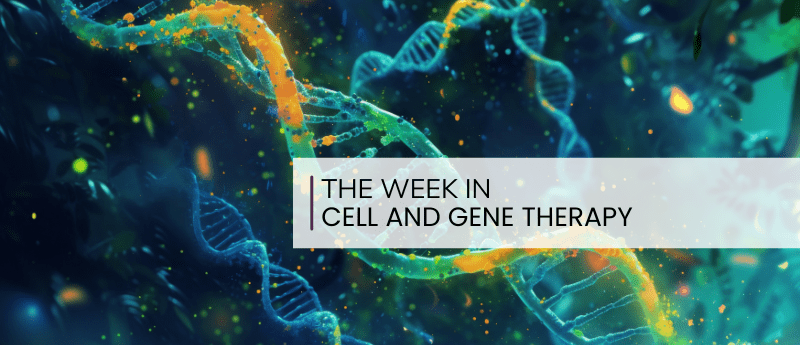Precision Medicine
- Get link
- X
- Other Apps
Key Aspects of Precision Medicine:
- Analysis of a patient’s genetic code can reveal variations that may contribute to certain diseases.
- Understanding these genetic factors can help in predicting disease risk and tailoring preventive strategies.
- Pharmacogenomics, a branch of precision medicine, examines how genes affect a person’s response to drugs.
Applications and Examples:
- Cancer Treatment: Precision medicine has made significant strides in oncology. For instance, therapies targeting HER2-positive breast cancer or EGFR mutations in lung cancer have shown improved outcomes.
- Cardiovascular Disease: Genetic testing can identify individuals at high risk for conditions like hypertrophic cardiomyopathy, allowing for early intervention and lifestyle adjustments.
- Rare Genetic Disorders: Whole-genome sequencing can help diagnose rare diseases that are difficult to identify through conventional methods.
Challenges:
- Data Privacy: Ensuring the security and confidentiality of genetic and health data is paramount.
- Ethical and Social Considerations: Issues related to genetic testing, such as potential discrimination and psychological impact, need careful management.
- Access and Equity: There is a risk of disparities in access to precision medicine, particularly in underserved populations.
Future Directions:
- Integrative Approaches: Combining genomics with other fields like proteomics, metabolomics, and microbiomics for a more comprehensive understanding of health and disease.
- Enhanced Data Integration: Improved interoperability of health information systems to facilitate the seamless sharing and analysis of patient data.
- Global Collaboration: International partnerships to accelerate research and implementation of precision medicine worldwide.
- Get link
- X
- Other Apps



Comments
Post a Comment